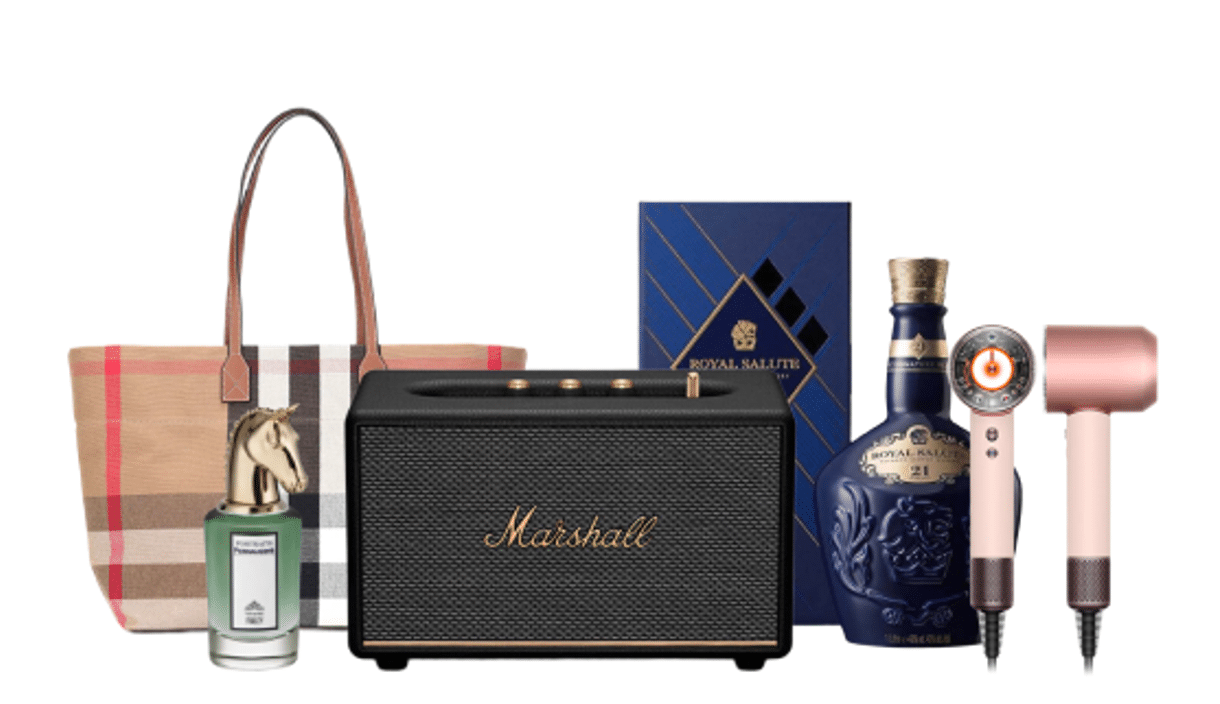Feb 3, 2021|
JD’s Commitment to 100% Authentic Products
by Kelly Dawson
In 1998, JD.com founder Richard Liu had a radical idea: Despite the wide-spread practice of bargaining for good deals, Liu believed that what Chinese consumers wanted most was to trust that their purchased products were authentic—and that they would gladly pay a set price for that peace of mind. Liu had such faith in this idea that he staked his fledgling business on it.
More than two decades later, JD is China’s largest retail company—online or offline. True to Liu’s original idea, the company’s tagline remains, “Authentic products. Delivered today.” Essential to this promise is JD’s absolute commitment to fighting counterfeits, an achievement upon which the company’s reputation has formed.
According to a survey of Chinese consumers conducted by iResearch consulting firm in 2020, JD is rated as the most trustworthy e-commerce brand in China, with 56.56% of respondents tagging JD with the keyword of “trustworthy”, followed closely by “high-end” and “highly efficient.”
Now, as COVID-19 has driven a rapid rise in health-consciousness among Chinese consumers, guaranteed product quality has become even more essential in a country that has previously undergone food safety crises.
In order to deliver on this commitment, JD has instituted a three-pronged approach for fighting counterfeits that is rooted in its business model, sustained through a rigorous system of quality assurance, and is then fortified through the application of robust, cutting-edge technology.
End-to-end control
JD occupies a unique position in the industry, possessing a self-developed logistics network that enables the company to own the entire supply chain for its first party business. As the only company in China who can make this claim, JD is able to guarantee not only quality and authenticity, but also reliable service.

“When I buy from JD, I know exactly what I’m paying for,” said Ms. Wang, a Beijing resident and long-time customer of JD.com. “I go to JD because I can trust that it’ll be reliable.”
From the very beginning, JD.com made a distinct practice of sourcing goods directly from reputable suppliers and reselling to consumers, positioning itself as a retailer as opposed to a marketplace. These products enter JD’s own self-built warehouses, which are outfitted at each step of the way throughout the supply chain with technology that inspects the quality of the goods to be in inventoried. Additionally, more and more third-party businesses are also using JD’s warehousing and distribution services and undergoing JD’s rigorous inspection and supervision processes.
Owning the supply chain from the starting point to the last mile enables JD to guarantee authenticity in a way that competitors cannot do, nurturing an ecosystem in which exacting quality control standards can then be applied.
“One strike, you’re out”
Foundational to JD’s ecosystem is a belief that strengthening platform rules, protecting trademarks and upholding intellectual property rights will result in “encouraging the good, and repelling the bad.” This requires a “zero tolerance” attitude towards fakes and shoddy products: Merchants found to be selling counterfeit products are immediately removed and blacklisted from JD.com.
The company also believes that robust prevention efforts are more effective and less damaging to the customer experience than simply punishing offenders. In order to uphold this standard, a multi-stakeholder approach is undertaken via a dedicated quality control team composed of corporate-level quality control and sub-teams across business departments. This team works closely with people responsible for supplier qualification review, applying a rigorous system that begins with a strict entry threshold.

All merchants who apply to sell on JD.com must be authorized and endorsed by their product brands. Once the brands have vouched for the merchants, the sellers must then sign a quality commitment letter and pay a deposit. All relevant documents are reviewed by JD’s dedicated quality control department to provide safeguards against harmful merchants or products entering the platform.
After the merchants and products are accepted for sale, JD will continue to monitor products through a quality management system. Spot checks are conducted through “mystery shopping,” which JD entrusts to reputable global inspection and testing companies that anonymously purchase products on JD for lab verification.
Additionally, JD has established IP protection cooperation with over 1,000 brands and brand protection organizations, including CAASA, QBPC, CBBC and other reputable intellectual property protection organizations from within China and around the world. Brands also have a major stake in ensuring authenticity. According to the 2018 Global Brand Counterfeiting Report, global losses due to counterfeiting amounted to US $323 billion in 2017.
Smart brand protection
In recent years, JD has been undergoing massive digital transformation in its expansion beyond retail to encompass technology and services. Much of this digitalization has also been applied to improve the consumer experience, with a great focus on bolstering JD’s commitment to rooting out counterfeits.
“Guaranteeing authenticity has been in our blood since the very beginning,” says a JD spokesperson familiar with the company’s brand protection. “What makes JD unique is how we are able to take both a birds-eye view and hone in to look at specific cases first with our leading technology. We qualify potential issues and follow up offline rigorously. We call this our ‘smart brand protection’ approach.”
One such digital tool is called “Heaven’s Mirror” (天鉴), an AI-powered technology that leverages JD’s massive amount of big data from across the business and continuously improves performance through machine-learning. The technology has three significant core elements:
- Semantic analysis: Through keyword selection that hones in on negative or emotional comments on JD.com and from external sources, JD identifies high-risk products with 99% accuracy.
- Image recognition: Utilizing image search and OCR map recognition that identifies similarities and differences between photos used on the platform, JD identifies high-risk products.
- Product technology: This technology digitizes, identifies and monitors goods easily. Just as users have user portraits, JD builds multi-dimensional product portraits for each product, digitizes it in high granularity to improve accuracy. Data detection is then able to identify any abnormal characteristics.
While JD’s overall ecosystem and rigorous quality control standards have proved highly successful, providing customers with easily accessible evidence of that authenticity can also help to close the loop. Toward this end, another digital tool that JD is using to build trust and guard against counterfeits is blockchain, which provides a level of trust for all stakeholders who are involved in a product, from its starting point to the customer’s doorstep.
JD is a pioneer in the development and application of blockchain technology across numerous industries including farm to table produce, maternal and infant products, health products and more. JD’s blockchain traceability platform has already partnered with more than 1,000 brands and merchants, accumulated more than one billion pieces of commodity data and responded to more than 7.5 million consumer traceability requests.
One example of how JD’s block chain is directly empowering consumers is its offering of bighead carp from Chagan Lake in China’s northeastern Jilin province. The delicacy has faced a proliferation of fakes in the market in recent years. To build consumer confidence, the company has applied blockchain technology to each and every bighead carp sold on the platform. By scanning the unique blockchain ID of each fish, customers are able to find out production and transportation details such as the origin, qualification and even the fisherman’s name.
JD has also set up a branded blockchain solution called “JD Chain,” enabling businesses to build their own blockchain solutions from the ground up, further strengthening JD’s ecosystem.
JD’s long-term commitment
Thanks to the three-pronged approach of an end-to-end business model, stringent quality assurance controls and the application of cutting-edge technology, JD is able to guarantee protection against counterfeits and stay focused on its primary priority: building trust with consumers. As increasingly conscientious Chinese consumers demand higher quality products, JD remains committed to its promise of “Authentic products. Delivered today.”
(Brad Burgess made major contributions to this article.)








 In-depth Report: How SEVEN FRESH Brings Spring Festival Cuisine to Consumers
In-depth Report: How SEVEN FRESH Brings Spring Festival Cuisine to Consumers



